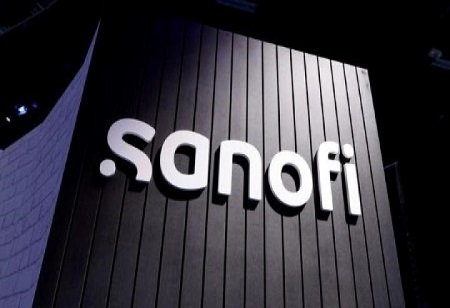India Pharma Outlook Team | Friday, 31 March 2023

French pharmaceutical firm Sanofi has started a process to demerge its consumer healthcare division in India into a listed company. Leading allergy relief products like Allegra and Avil, the painkiller Combiflam, and the vitamin D brand Depura are all sold by this company. The company reported revenue in CY22 between Rs 1,000 and Rs 1,250 crore. The top seven brands at Sanofi account for roughly 70% of the country's revenue.
According to the individuals mentioned above, the top vaccine producer is collaborating with Bank of America on the demerger process. Sanofi and its fully owned subsidiary, Hoechst Gmbh, own about 60% of Sanofi India. Retail investors, institutional investors from abroad, and investors from the United States hold the remaining shares. The consumer business will be listed separately, and the shareholding will follow that pattern.
A spokesperson for Sanofi India stated, "As a matter of principle and policy, we do not comment on any media speculation or market rumours." "We regularly assess how to best serve our patients and customers and evaluate various opportunities in India, subject to compliance with applicable laws and in the normal course of business. Sanofi India Limited complies with all legal requirements for disclosure. A five-year turnaround plan was launched by Sanofi's global chief executive Paul Hudson, who joined from Novartis AG, in 2019. Investor pressure regarding the potency of the drug pipeline has pushed him to move forward with changes at the company, including exiting disease categories like diabetes and heart disease while making significant investments in immunology and cancer therapies. This included separating the consumer group from the parent company, despite the fact that it remained bound to it.
The action fit in with a general trend at large pharmaceutical companies, including Johnson & Johnson and GlaxoSmithKline Plc, to streamline their complex, diversified structures. Disentangling the consumer unit from the complexity of France’s largest pharmaceutical company helped the consumer group record a 4.6% year-on-year rise in 2021 sales, CEO Hudson said. It followed a historic slump in over-the-counter sales for cough and cold medicines across the industry in 2020 as a result of social distancing and other pandemic-related regulations. Sanofi reported a global fall in sales in 2022 in key areas such as immunology and oncology.
The failure to develop a Covid-19 vaccine, despite being one of the world’s biggest vaccine manufacturers, still casts a shadow over the company’s stock as does the failure of several drugs the company had in development. Analysts have urged Hudson to go on a deal-making and re-organisation spree similar to that of several peers. The India demerger plan is seen by analysts as a precursor to a strategic divestment either partially or fully to unlock value. Power brands such as Combiflam or Avil remain central to base portfolio growth. Under Rodolfo Hrosz, who assumed charge as India managing director last year, the company is pushing four core growth pillars -- diabetes; consumer healthcare; end-to-end innovations; and go-to market strategy.
Sanofi intends to increase its investment in consumer healthcare brands like Allegra. In addition to looking into supply localization and partnerships for expanding the patient, doctor, and healthcare personnel registry, it also plans to use both local and global innovation. In India, therapy segments like diabetes, where its flagship brand Lantus has experienced muted growth, account for about 43% of the company's total revenue. Cardace and Clexane are the second-most significant products in cardiac therapy, and Allegra and Avil are third in respiratory therapy with a 15% revenue share.